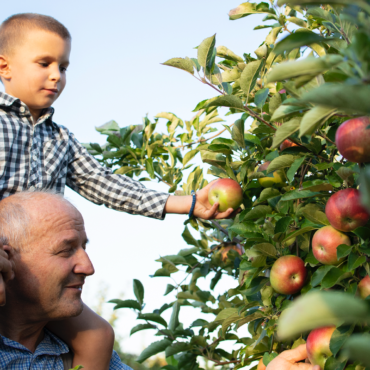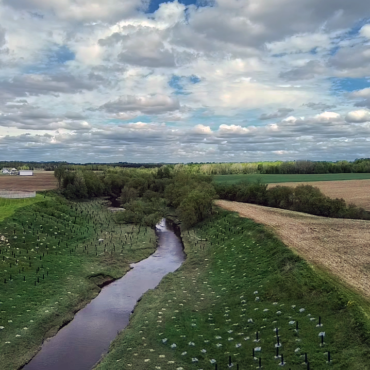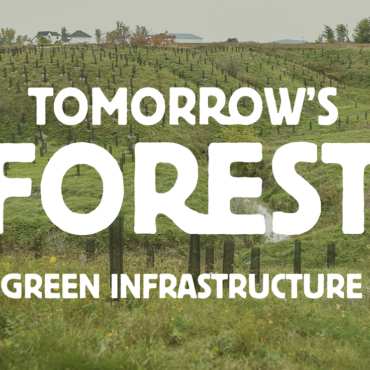Blog & News
Aiming for Action
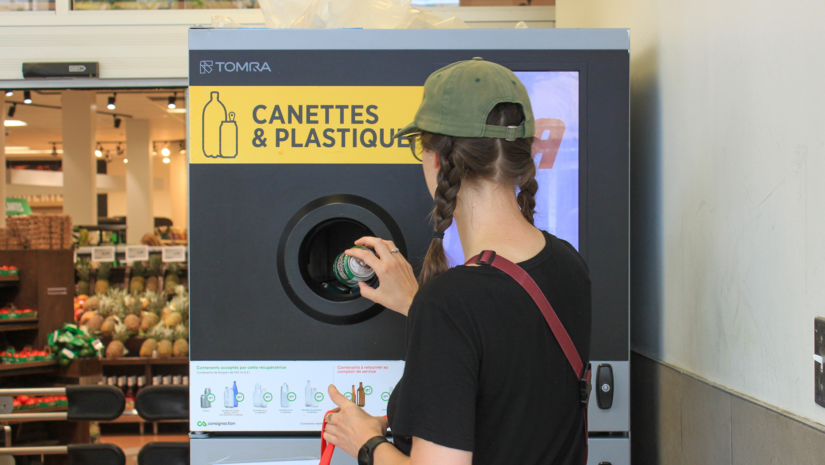
Quebec is continuing its transition toward a circular and eco-responsible economy, and the deposit refund system is moving forward! After the first phase launched in 2023, the reform reached a major milestone in March 2025. The result: many more containers are now refundable, and the return network has been completely restructured.
Good news: this reform brings considerable environmental benefits. But its rollout also comes with some adjustments. Here’s what you need to know!
Quick Reminder: How Does the Deposit System Work?
In Quebec, deposit refunds have long been a familiar habit for many of us. When you buy a beverage in a refundable container, a small fee (10¢ or 25¢) is added to your bill. Once the container is empty, you return it and get your deposit back.
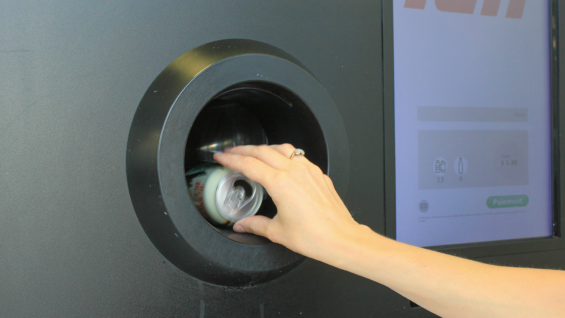
Until recently, the system mostly covered cans, beer bottles, and a few soft drinks. With the rise of all kinds of beverages on the market (water, juice, milk, energy drinks, etc.), the model needed updating.
That’s why the Quebec government launched a three-phase modernization. Since March 1, 2025, we are in Phase 2!
Key Changes in 2025
1/ All plastic containers (100 ml to 2 L) are refundable!
This is the biggest change: all plastic beverage containers from 100 ml to 2 litres now carry a 10¢ deposit. This includes water bottles, juice, milk, energy drinks… This addition alone represents about 1.2 billion extra recoverable containers per year, bringing the total to around 5 billion refundable containers annually in Quebec.
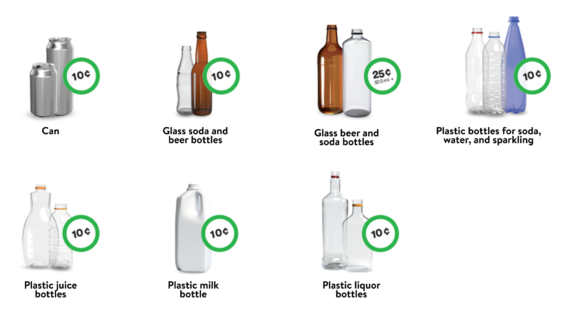
Consignaction has prepared a handy guide to show which containers are accepted.
2/ The return network has been completely redesigned
To avoid long lines at grocery stores, new specialized return points have been introduced:
• Consignaction: automated return centres
• Consignaction+: drop-off points with advanced sorting
• Consignaction Zones: integrated spaces at certain retailers
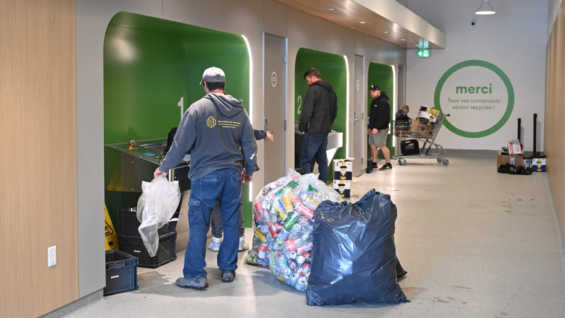
Photo credit: Consignaction
3/ Implementation of Extended Producer Responsibility (EPR)
Another major shift: companies that sell beverages are now responsible for managing the full container lifecycle — collection, transport, sorting, recycling — and financing the system. This is called Extended Producer Responsibility (EPR). Producers must meet specific recovery targets and comply with legally established performance obligations.
4/ What’s next? Phase 3 in 2027
The reform doesn’t stop here: in 2027, Phase 3 will include glass containers, multi-layer cartons, as well as wine and spirits. The goal? Eventually, almost all beverage containers sold in Quebec will be refundable.
Expected Benefits of the Modernized Deposit System
• For the environment
Goal: 90% recovery by 2032! A much higher rate than the blue bin, which often reaches only 50–60%. Plus, refundable containers are cleaner and easier to recycle locally.
• For the circular economy
Glass can be washed and reused. Aluminum and PET plastics go back into a new life cycle. The system also creates jobs in collection, logistics, and machine maintenance.
• For citizens
Returning containers becomes a simple, tangible, and rewarding action. Each container contributes directly to reducing waste.
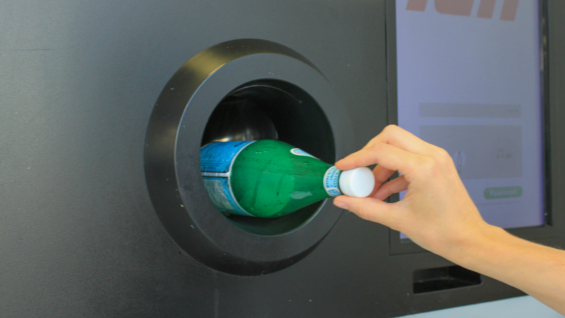
Challenges (Yes, There Are Some!)
• Delays in openings: In March, fewer than a quarter of planned return centres were actually operational, causing frustration.
• Technical issues: Automated return machines are still “learning.” Containers are sometimes rejected without reason, machines break down, and lines form. Certain types, like thicker bottles or flavored milk, still pose recognition problems.
• Unequal accessibility: In rural areas or for people without a car, reaching a drop-off point can be difficult. Some retailers no longer accept containers, complicating things further.
• Challenges for retailers: Some businesses are still adjusting to new obligations — limited storage space, signage, logistics… not everything is fully in place yet.
One example of how support can ease the transition: Earth Day Canada has been working with IGA grocery stores through the Fonds Éco IGA program since 2013. We help them manage waste more efficiently. Since the new refundable containers were introduced, many IGAs have found creative solutions on site! Limited space means some stores have had to rethink their waste logistics to continue recycling while collecting new containers.
This hands-on support allows IGAs not only to pursue their waste recovery goals but also makes it easier for citizens to participate, so everyone can return their bottles and cans easily.
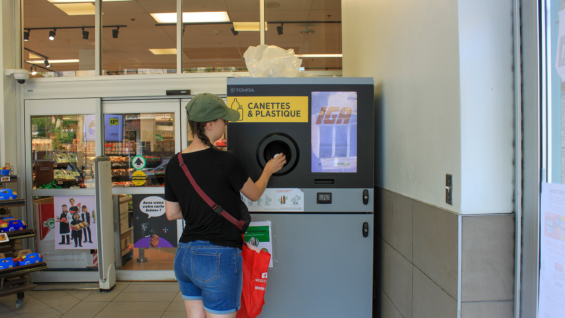
In Summary
The deposit reform is an essential step toward better managing beverage containers. It breathes new life into a system that needed modernization. Its 2025 rollout shows that such a major change requires time, adjustments, and collaboration.
To fully meet its objectives, the government and producers will need to continue adapting the system: improve accessibility, ensure infrastructure reliability, better inform citizens, and support small retailers.
We can expect some hiccups along the way… but also a much more efficient Quebec when it comes to recovering and recycling containers. And that’s excellent news for the environment!
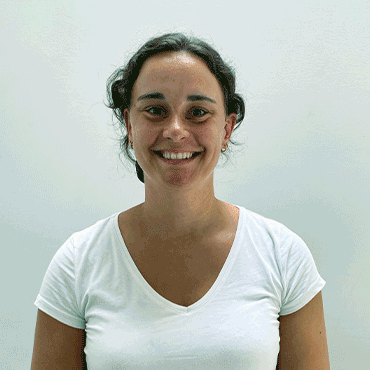
Waste Management, Project Manager
Anne LaRue
Passionate about the environment since the age of 17, Anne is interested in waste management and the small actions we can take in our daily lives to change our lifestyles. With a bachelor’s degree in environmental studies from the Université de Sherbrooke, Anne also holds a certificate in international cooperation from UdeS and a certificate in tourism from Université Laval. Passionate about nature and the great outdoors, Anne loves to wander around different places to discover their facets and hidden beauties. If you’re looking for her in a crowded place, she’ll probably be sitting on the floor petting a dog or two.
View all posts...Related posts :
Contact us
Earth Day Canada
5818, boulevard Saint-Laurent
Montréal (Québec) H2T 1T3 Canada
Phone : (514) 728-0116
Toll free : 1 800 424-8758
Fax : (514) 303-0248
Email: hello@earthday.ca
2025 © Earth Day Canada. All rights reserved.
Privacy policy · Terms of use · Trademark


